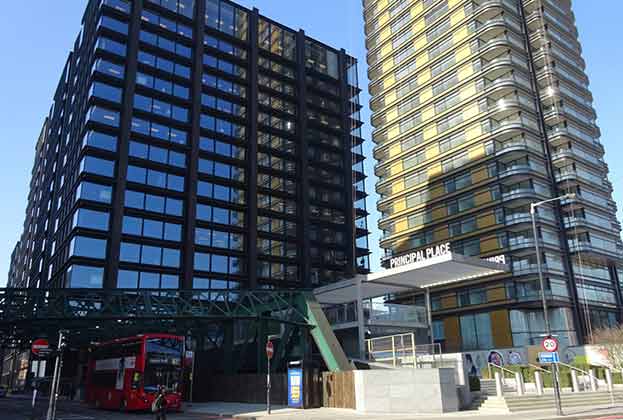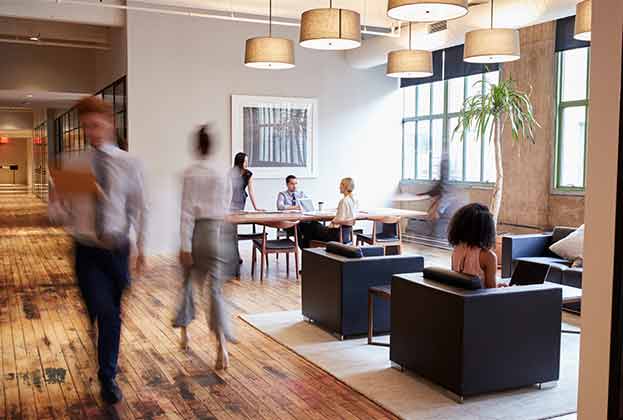Cal Lee, Global Head of Workthere and Daniel Jones, Workthere Research, examine the expanding range of occupier choices, what is 'flex' and the level of maturity
Introduction
The term 'flexible workspace' now appears to be the all-encompassing term used to cover a wider variety and type of workplace, from co-working spaces to serviced offices, managed space and even fitted plug & play space. All of the above differ slightly in their offer, and we cover these key differences in the table below. In the main though, they provide a much quicker speed to occupation for an occupier as well as a higher level of flexibility than typical conventional leased office space. In the case of the latter, we would typically expect this to be delivered to Cat A and available on the basis of a 5- or 10-year lease, where the tenant is required to fit it out.
The UK flex market: has it bounced back?
Workthere, (Savills flexible office advisory for occupiers) found in their 2021 Flexmark report that the provision of space in the UK market and globally is heavily weighted towards private office space, with 50% of flexible workspace made up of private offices. This is contrary to the preconception that flex space is made up of banks of co-working desks, which only accounts for an average of 34% of space in UK flexible offices, with the remainder of space consisting of communal areas (13%) and outdoor space (4%).
The flexible office sector has rebounded strongly during H1 2021 from the significant downturn during the pandemic. The number of enquiries is up 30% on pre-pandemic levels, while the number of transactions is up 36%, according to Workthere data, highlighting the renewed appetite occupiers have in the sector and demonstrating that the sector is continuing to build momentum after a hiatus.
Interestingly, the sectors taking space have become more varied. Traditionally, the tech sector has been the most active, accounting for 30% of desks transacted in 2018. Insurance & financial, business & consumer and professional services industries have accounted for 23%, 13% and 13% of desks respectively so far this year, as transacted by Workthere.
With this increased interest from other industries, we have also seen a change in the average size of occupier requirements, increasing by 46% on pre-pandemic levels from an average of 11 desks per transaction to 17 desks per transaction in 2021. This is reinforced by the increased number of transactions that Workthere has completed for companies requiring over 15 desks, which is up 114% on pre-pandemic levels. There has also been a 44% increase in the number of companies taking licences of 12 months or longer compared to pre-pandemic.
Read the articles within Spotlight: UK Flex Office Perspectives below.

.jpg)
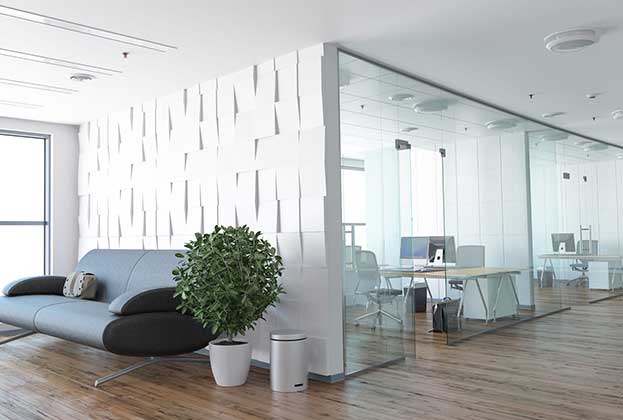

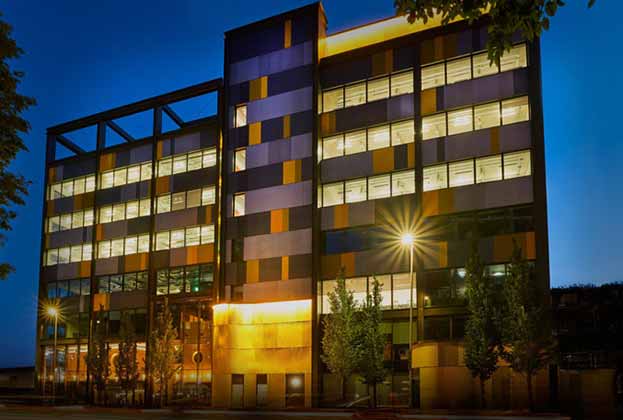
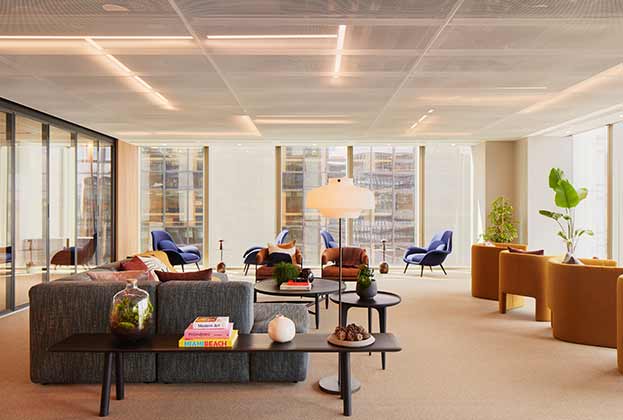
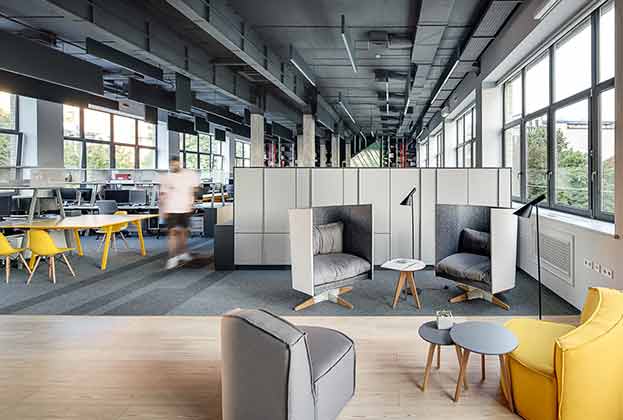
.jpg)


